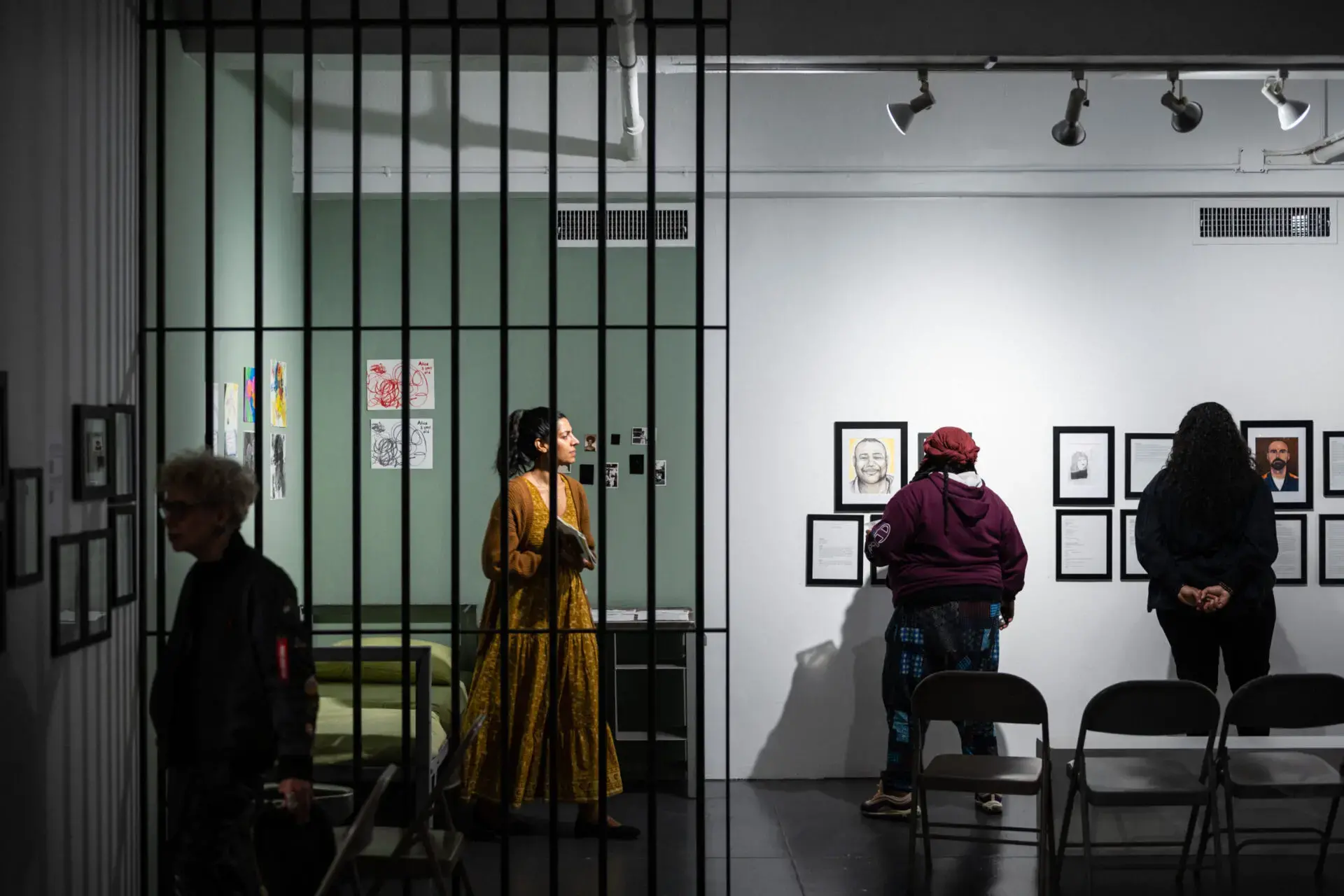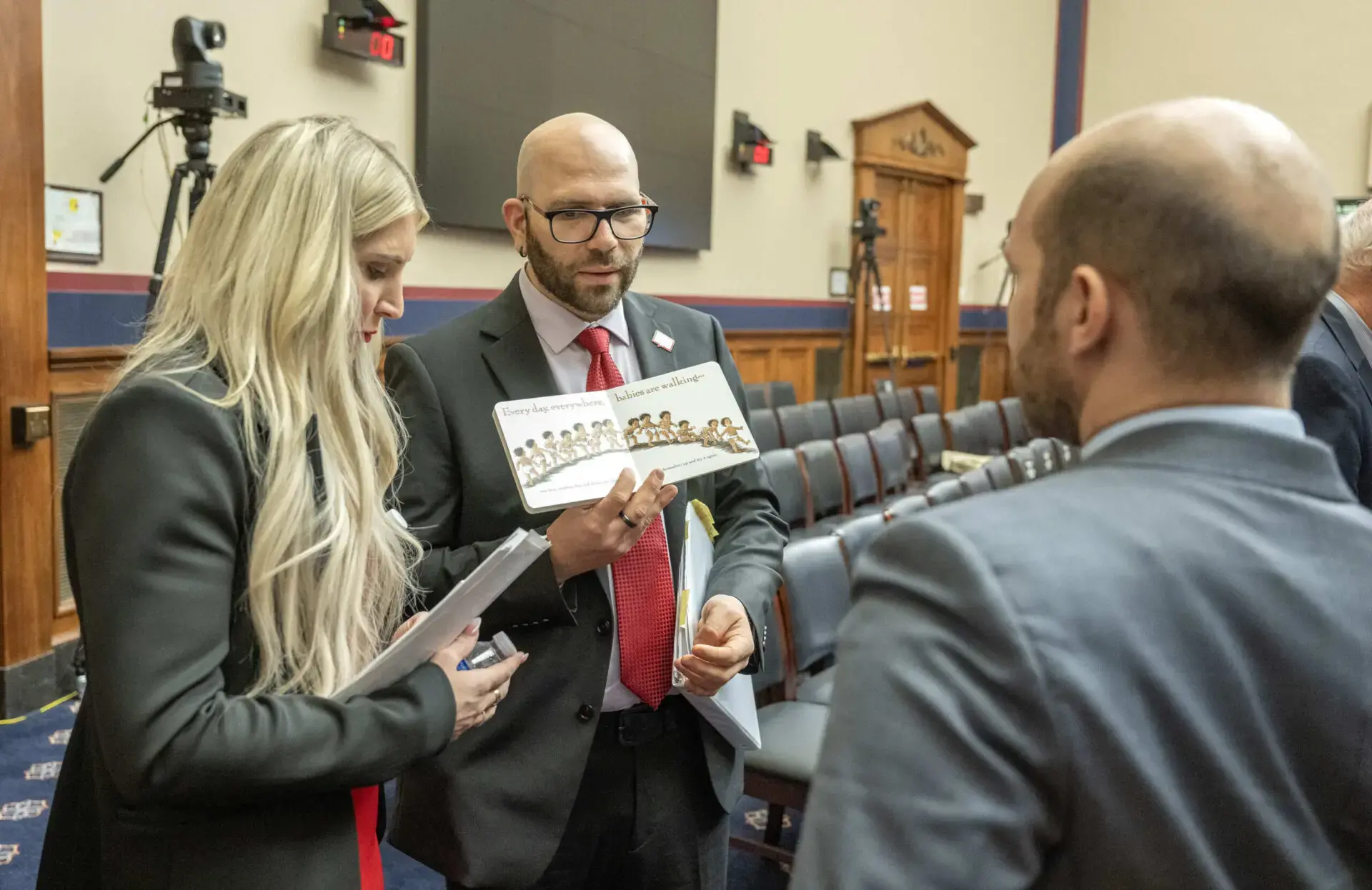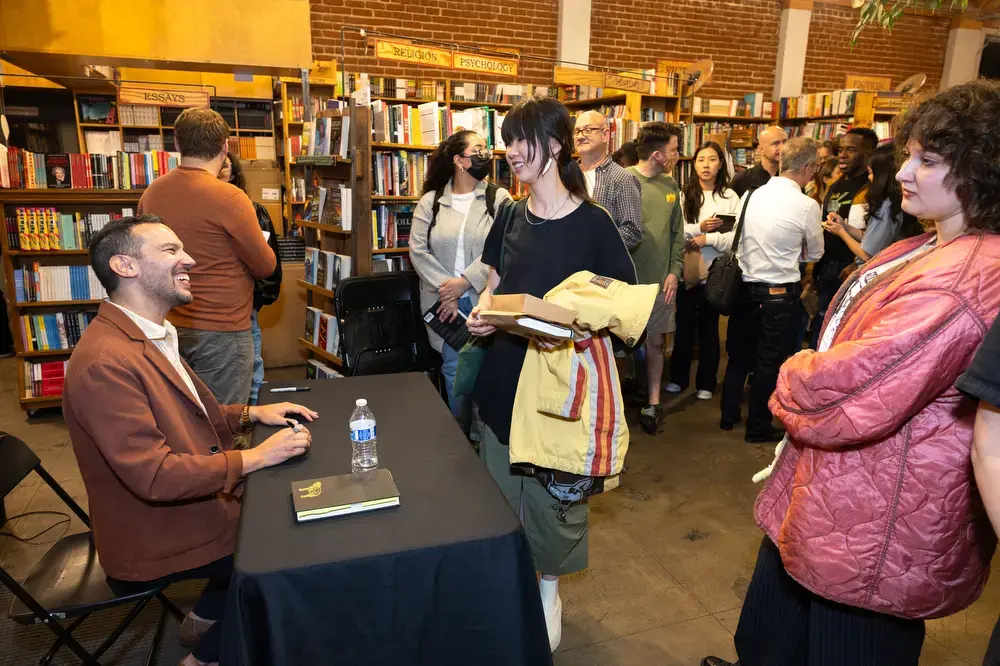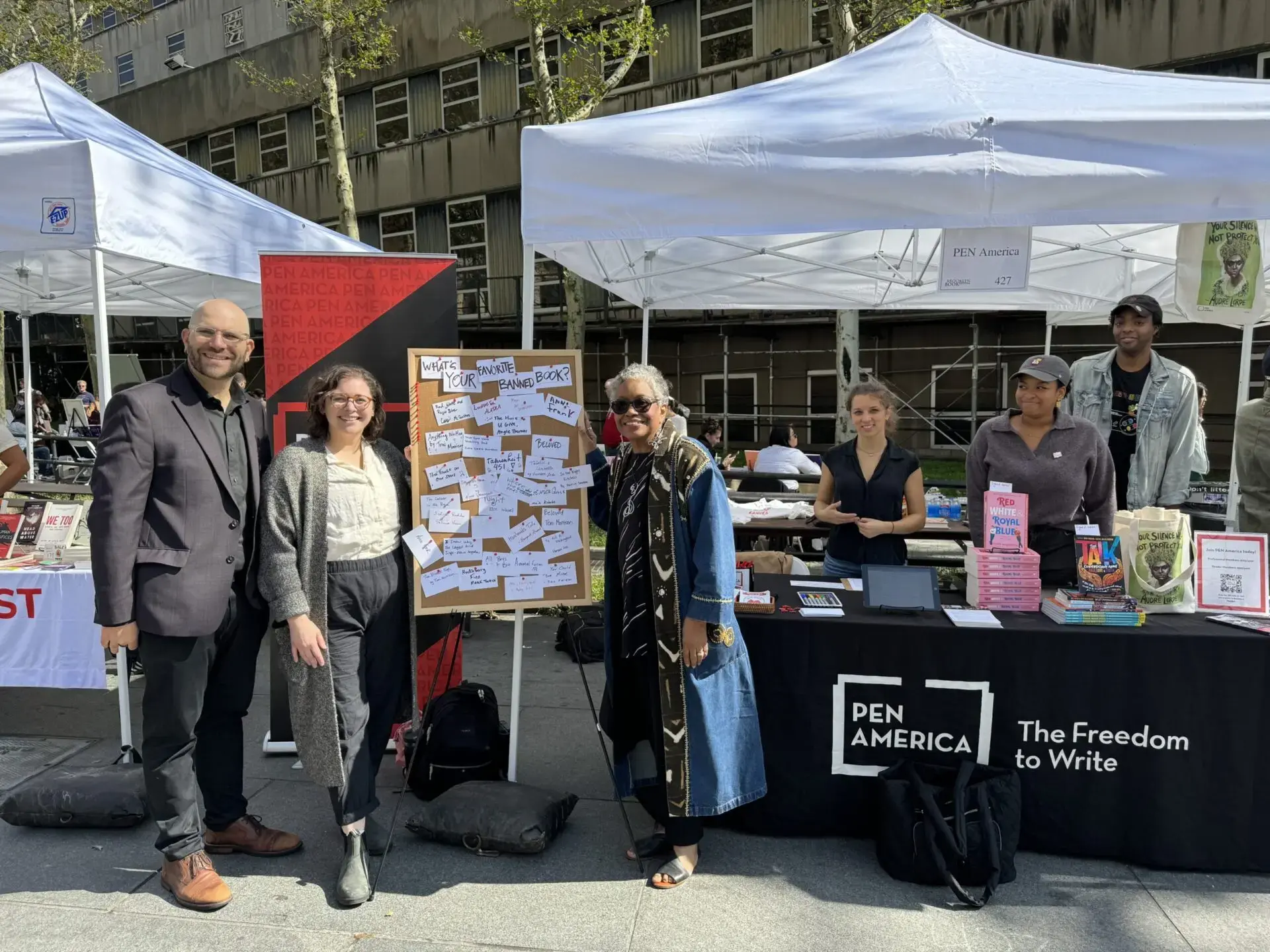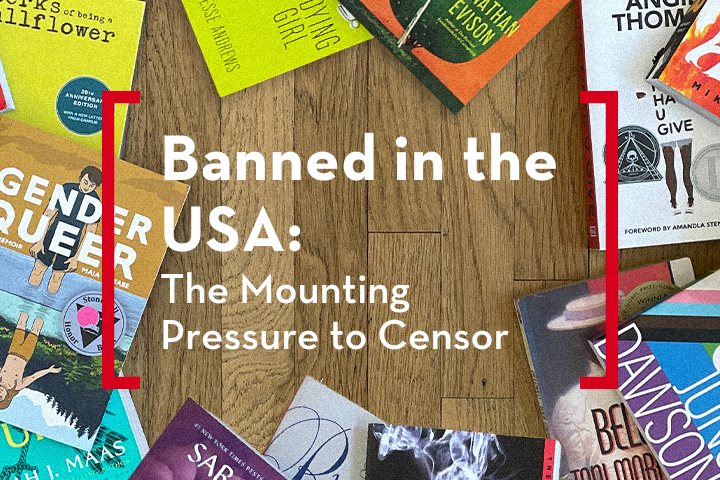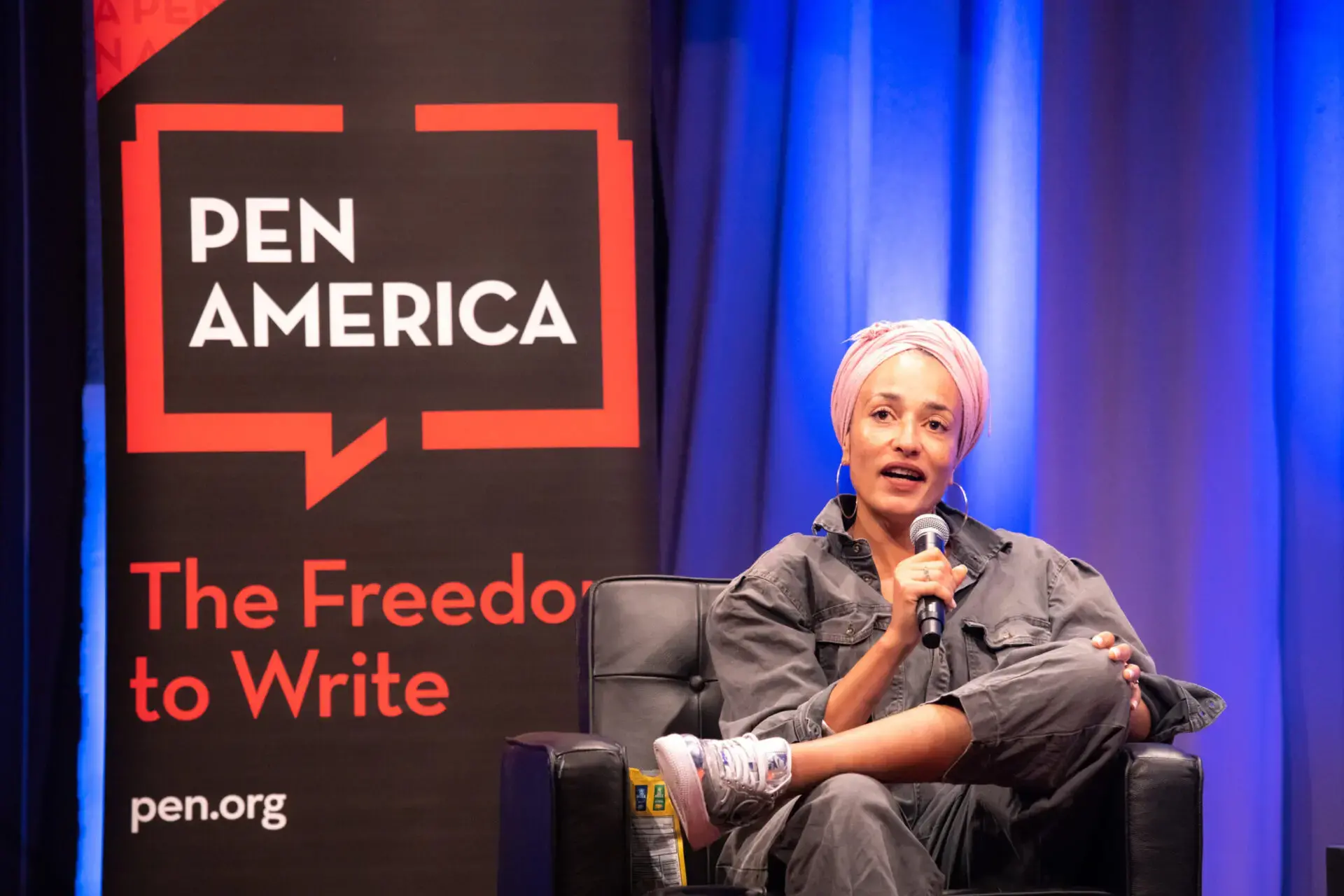PEN America works tirelessly to defend free expression, support persecuted writers, and promote literary culture. Here are some of the latest ways PEN America is speaking out.
- Amid a crisis of polarization and fragmentation in discourse in the United States over the Israel-Hamas war in Gaza, PEN America will use its annual general meeting on Monday, Dec. 11 for a conversation examining the challenge of keeping civil and open dialogue alive. The in-person event will take place from 7-9 p.m. at Scholastic headquarters in Manhattan. There will be a live stream. Register here.
- PEN America announced a grant to fund its groundbreaking DREAMing Out Loud writing workshops and annual published anthology for young aspiring migrant writers in New York City. Roxanne Coady/R J Julia Booksellers, the Karen Pritzker/Seedlings Foundation, and Atlas Books have teamed up to provide $275,000 to support the program over the next five years. Apply here.
- In response to a Congressional hearing on antisemitism on college campuses, PEN America CEO Suzanne Nossel emphasized the importance of free speech protections, even for deeply hateful speech like calls for genocide. Nossel called on private universities to align their free speech standards with the First Amendment, urging fair and transparent enforcement of policies against threats and discrimination.
- Jonathan Friedman, Director of the Free Expression and Education program, wrote about the alarming suspension of Students for Justice in Palestine (SJP) chapters at three private universities (Brandeis, Columbia, and George Washington) for promoting antisemitism, engaging in threats, and violating campus policies. The article highlights concerns about censorship, unclear policy enforcement, and the negative impact on free expression on campuses.
- In response to Governor Ron DeSantis denying book bans in Florida, free speech experts at PEN America countered with evidence of 1,406 bans, including 300 acknowledged by the state.
- PEN America filed an amicus brief in the Supreme Court that argues that Florida and Texas laws restricting social media content moderation violate the First Amendment by imposing ideological orthodoxy on public discourse. PEN America emphasizes that upholding these laws could lead to broader attempts to restrict free speech.
- PEN America’s Artists at Risk Connection (ARC) expressed concern over the summons of writer and art critic Raymar Aguado Hernández by the Cuban National Revolutionary Police. Following the summons, Aguado Hernández reported a patrol car stationed outside his home, serving as a form of surveillance and impeding his freedom of movement.
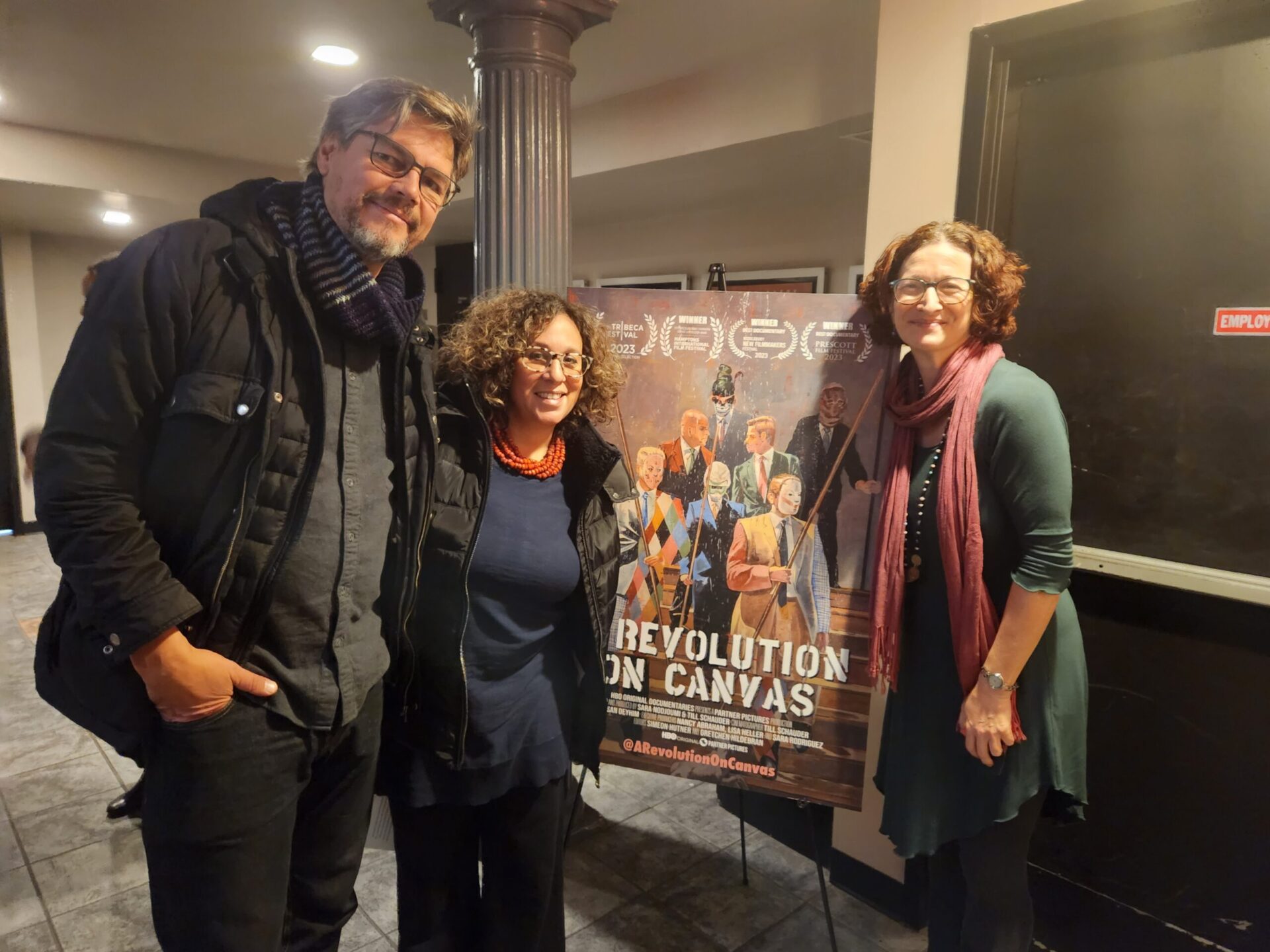
- ARC co-sponsored a film screening of A Revolution on Canvas. Hybrid thriller and documentary, the film blurs the lines between the personal and political by diving into the mystery surrounding the disappearance of more than 100 “treasonous” paintings by Iranian artist Nickzad “Nicky” Nodjoumi – one of Iran’s most revolutionary artists. The film was followed by a Q&A with directors Sara Nodjoumi and Till Schauder.
- PEN America expressed concern over two instructors at the University of Arizona who were reinstated after suspension over their remarks about Hamas. Kristen Shahverdian, senior manager of free expression and education at PEN America said they cannot continue teaching a course, calling it “a fundamental violation of academic freedom” and that their freedom of speech should be ensured for a longer term.
- In response to Kash Patel’s threats of retaliation against the media in a potential second Trump administration, Shannon Jankowski, interim Sy Syms director for U.S. Free Expression Programs at PEN America, condemned the actions as a threat to the First Amendment and the free press.
- PEN America Prison and Justice Writing Program hosted Break Out, an annual community-centered staging of literary works by incarcerated writers. The selection of readings from the anthology was performed by a dynamic cadre of presenters. Besides Coleman and Ryan, there were poet/professor Suzanne Gardinier, poet/advocate José A. Pérez, and writer/activist Mario Finesse Wright.
- ARC published an artist profile on Iranian artist Faezeh Zandieh. After relocating to France, Zandieh flourished as she began to uncensor herself and subsequently her artwork.
- ARC expressed alarm that Iranian rapper Toomaj Salehi had been rearrested less than two weeks after his release on bail.
- Alongside the devastating human toll, PEN America expressed deep concern about the destruction of educational and cultural sites in Gaza, including museums, libraries, churches, mosques, cultural centers, and schools, as a result of the Israeli bombardment during the Israel/Hamas war.
- PEN America joined with members of Congress Maxwell Frost (FL-10), Jamie Raskin (MD-8), and Frederica Wilson (FL-24) for a press conference to mark the introduction of the Fight Book Bans Act. Laura Schroeder, Congressional affairs lead for PEN America, said: “Banning books in schools is not only unpopular; it’s expensive. As school districts around the country divert resources to address widespread efforts to curtail students’ freedom to read, it is once again the students who suffer the most.
- In this week’s PEN Ten interview, Zahra Hankir speaks to PEN America’s World Voices Festival and Literary Programs Coordinator Sarah Dillard about Eyeliner: A Cultural History.








